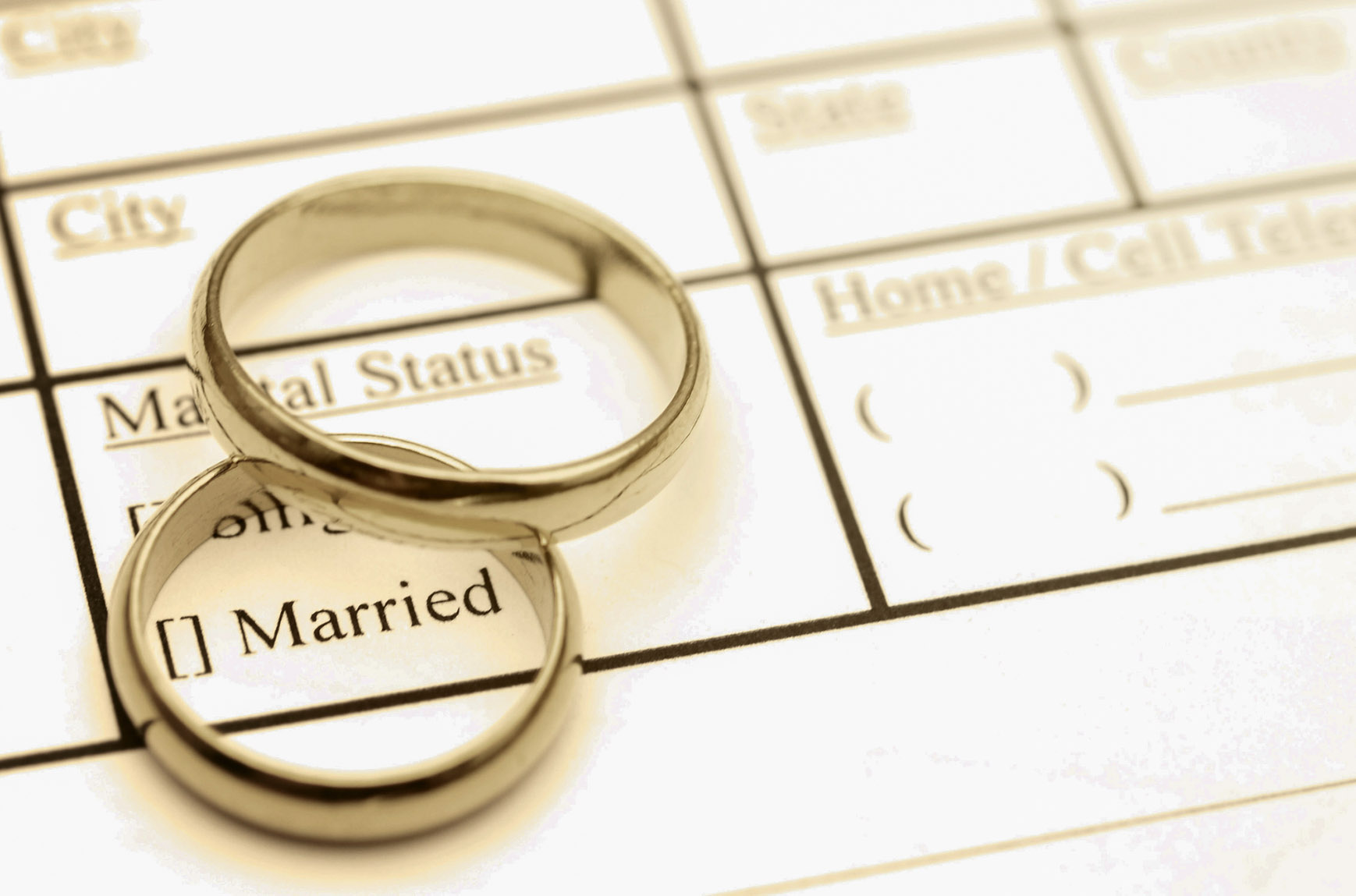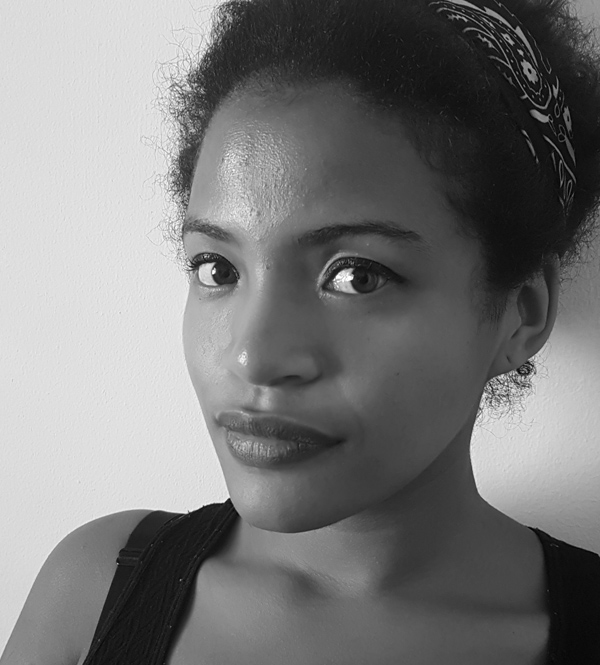All two men wanted to do was to take their wives’ surname – until they found out, according to Home Affairs, that they could not. Now, the case has been taken to the country’s apex court.
The couples at the centre of the application claim in court papers that the Births and Deaths Registration Act of 1992, which provides for a change in the surname only when there is a change in the marital status of a woman, is unconstitutional.
According to court papers, such laws and regulations perpetuate gender norms set by a “patriarchal society that entrenches gender inequality”, according to the applicants.
They called for Regulation 18(2)(a) of the Regulations on the Registration of Births and Deaths, 2004, to be declared unconstitutional as it discriminates against men by failing to provide for the change of the marital status of a man.
The matter was heard in the Constitutional Court on Tuesday, 4 March 2025, where the court was asked to give a confirmation order of a previous ruling in the Free State High Court, which in September 2024 ordered that a man could assume his wife’s surname or have a double-barrelled surname.
Both the Ministers of Home Affairs and Justice and Constitutional Development said they would respect the decision of the court.
Currently, the position is that the husband may not take his wife’s surname except after an application to the Director-General of the Department of Home Affairs, “which may or may not be declined depending on whether the Director is of the view that good and sufficient reason exists”.
At the same time, according to court papers, this position precludes the change of a surname where a man marries another man and thus wishes to assume his husband’s surname.
The Jordaans
One of the applicants in the case, Jana Jordaan, decided not to change her surname after marriage. Her parents died when she was four years old and the surname, she said in her founding affidavit, “symbolised my connection to them”.
She explained this to her partner Henry van der Merwe, who, in turn, pledged his support for this decision.
“The second applicant in turn expressed his wish to, one day, assume my surname at the time of our marriage so that we can become the Jordaan-family and raise our children with that surname,” said Jordaan’s founding affidavit.
The pair were married in July 2021.
According to the court papers, after their marriage was solemnised and was in the process of registration, a member of the Department of Home Affairs asked if she was to retain her surname or assume her husband’s surname. The couple informed the official that Van der Merwe would be taking his wife’s surname. They were met with, “the system does not allow that”.
The Home Affairs staff member accompanied them to the General Department for assistance, where they were then told by a second official that the application to assume the Jordaan surname could not be processed.
In the papers, Jordaan stated: “It was a very emotional and ultimately upsetting end to a wonderful day. I was devastated and powerless as I realised that regardless of whether the staff members wanted to assist us, they simply did not have the power to do so.”
As a result, the couple have different surnames while their daughter carries the Van der Merwe surname.
At one point, Jordaan’s surname was reflected as “Van der Merwe” by Home Affairs. She had discovered this only in October 2021, when she checked a voter registration portal. This was not her intention, nor did she request this change.
The Donnelly-Bornman family
The other couple at the centre of this case is Jess Donnelly-Bornman and Andreas Bornman.
Jess Donnelly’s maiden name held “significant importance” to her as an only child.
Before their marriage, she expressed that she wanted to keep her maiden surname and would prefer to hyphenate her husband’s surname. The couple did not want to have separate surnames, nor did they want to have different surnames from any of their future children.
The pair decided to combine their surnames to reflect their new family unit to “Donnelly-Bornman”.
The couple were married in April 2022.
After a honeymoon, they went to Home Affairs in Botshabelo in July 2022 as she needed a new identity document and passport which reflected her new surname while her husband tried to apply to change his name to the new family name of Donnelly-Bornman.
According to court papers, a Home Affairs representative informed the couple that he couldn’t change Andreas Bornman’s surname.
The couple did not receive clarity on why this was impossible.
When they returned to collect her new documents, they tried to speak to anyone who could assist them, but were told it was “simply impossible” for Bornman to change his surname or assume his wife’s surname.
They had gone to Home Affairs in George during October 2022, where they were told that under the Births and Deaths Registration Act, 51 of 1992, this was not permitted.
According to the court papers, the couple were given an email address to contact the Office of the Director-General to enquire if there was anything that could be done or to request guidance. The couple sent the email on 31 October 2022, but according to their court papers, “no response has however been received to that email to date”.
Equality and dignity
The applicants contend that the fact that men cannot take their wives’ surnames is inconsistent with provisions of Sections 9 and 10 of the Constitution, which deal with equality and dignity.
According to the court papers, the applicants state “gender discrimination, not only in our society but historically, is well established and entrenched”.
The applicants go further and claim that the Acts and Regulations “undeniably differentiate between people or groups of people. They differentiate on the basis of sex and gender.”
They question: “What legitimate government purpose is served by the differentiation in that the Act and Regulations preclude the assumption of the surname of a woman by a man? There is no cogent, rationally defensible purpose that the applicants could find.”
This differentiation is tantamount to unfair discrimination and can no longer be tolerated, they say.
Read more: Patriarchy by any other (man’s) name
The provisions of the Act and Regulations are not justifiable “in an open and democratic society based on human dignity, equality and freedom”, the applicants write and say further that “exemplary constitutional democracies entitle the husband, as a matter of law, to take his wife’s surname”.
As a result, they want Section 26(1)(a) - (c) of the Births and Deaths Registration Act 51 of 1992 to be declared unconstitutional as it discriminates on the basis of gender. They also want to declare Regulation 18(2)(a) of the Regulations on the Registration of Births and Deaths, 2004 to be ruled unconstitutional to the effect that it discriminates against male persons by failing to provide for the change in the marital status of a man.
According to court papers, the applicants in the case have agreed to give the President and Cabinet, with Parliament, 24 months to remedy the defects in the law by either amending legislation or creating new legislation to ensure that men are afforded the right of assumption of another surname.
Judgment was reserved in the case on Tuesday.
Constitutional law expert Pierre de Vos wrote as far back as August 2019 that he contended that Section 26 of the “Births and Deaths Registration Act unfairly discriminates against individuals on the basis of sex/gender in contravention of section 9(3) of the Constitution”. DM





